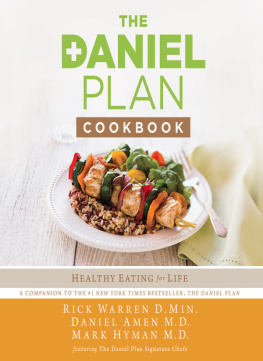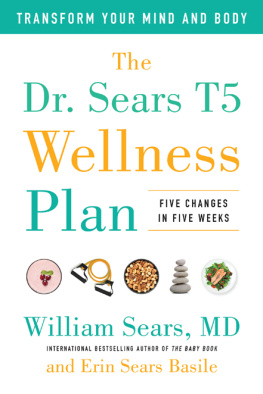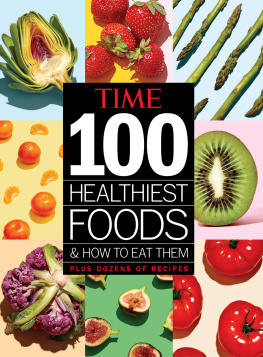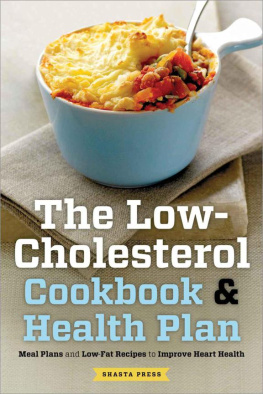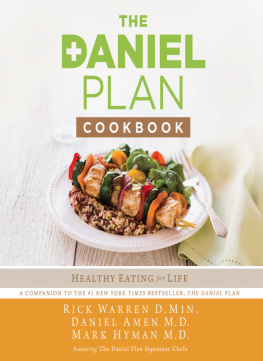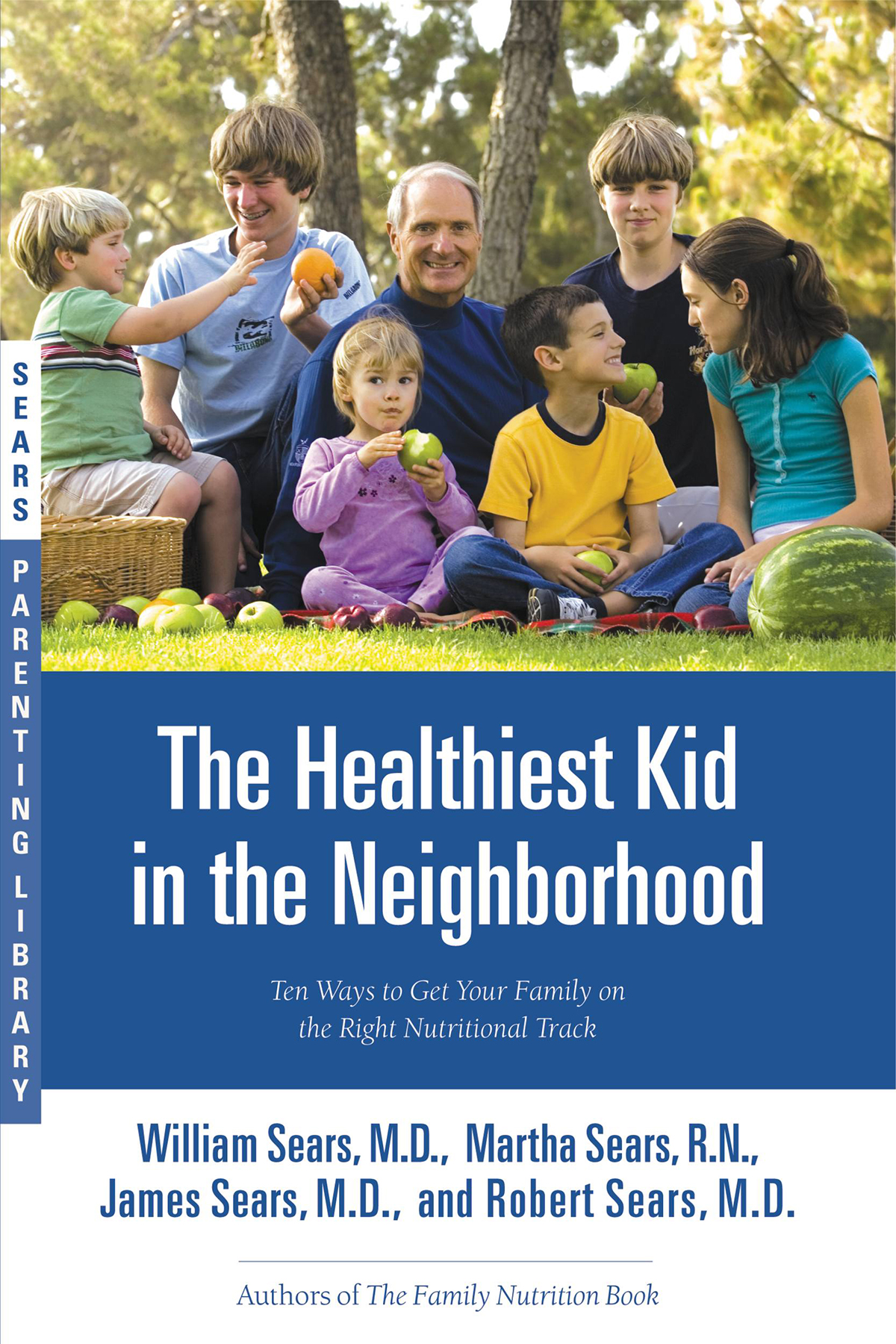Thank you for buying this e-book, published by Hachette Digital.
To receive special offers, bonus content, and news about our latest e-books and apps, sign up for our newsletters.
Copyright 2006 by William Sears, M.D., Martha Sears, R.N., Robert Sears, M.D., and James Sears, M.D.
Hachette Book Group supports the right to free expression and the value of copyright. The purpose of copyright is to encourage writers and artists to produce the creative works that enrich our culture.
The scanning, uploading, and distribution of this book without permission is a theft of the authors intellectual property. If you would like permission to use material from the book (other than for review purposes), please contact permissions@hbgusa.com. Thank you for your support of the authors rights.
Little, Brown Spark
Hachette Book Group
1290 Avenue of the Americas, New York, NY 10104
littlebrownspark.com
First eBook Edition: September 2006
Little, Brown Spark is an imprint of Little, Brown and Company, a division of Hachette Book Group, Inc. The Little, Brown Spark name and logo are trademarks of Hachette Book Group, Inc.
ISBN: 978-0-316-05567-3
E3-20181003-JV-PC
Sears Parenting Library
The Baby Sleep Book
The Premature Baby Book
The Pregnancy Book
The Baby Book
The Birth Book
The Attachment Parenting Book
The Breastfeeding Book
The Fussy Baby Book
The Discipline Book
The Family Nutrition Book
The A.D.D. Book
The Successful Child
Parenting.com FAQ Books
The First Three Months
How to Get Your Baby to Sleep
Keeping Your Baby Healthy
Feeding the Picky Eater
Sears Children's Library
Baby on the Way
What Baby Needs
Eat Healthy, Feel Great
You Can Go to the Potty
To our childrenthe healthiest kids in the neighborhood
James
Robert
Peter
Hayden
Erin
Matthew
Stephen
Lauren
W.S. and M.S.
Leanne
Jonathan
J.S.
Andrew
Alex
Joshua
R.S.
VISIT DR. SEARS ONLINE
www.AskDrSears com
Now you can access thousands of pages of nutritional, medical, and parenting information written by the Drs. Sears. Our comprehensive online resource expands on many of the topics discussed in The Healthiest Kid in the Neighborhood. We continuously update the information on our website to provide you with the latest on parenting and health-care issues. AskDrSears.com offers valuable insights on such topics as pregnancy and childbirth, infant feeding, family nutrition, discipline and behavior, fussy babies, and sleep problems. Our website also includes these unique features:
The Food Forum, an interactive forum where parents share their favorite recipes and feeding strategies, and the Drs. Sears add their comments
Downloadable Traffic-Light Eating chart
The Healthiest Kid in the Neighborhood updates, updates of out-of-date information and discussions of new information about health and nutrition
Additional recipes
Our recommendations for the highest-quality and best-researched vitamins, minerals, omega 3s, and other nutritional supplements. We personally research all the supplements we recommend on our website, often going as far as visiting the manufacturer to see how the supplements are made. By going right to the source of the supplements, we can honestly say that these are the brands that we feel secure enough to give to our own families.
Frequently Asked Questions answered
Monthly newsletters
Dr. Sears's Medicine Cabinet, a parent's guide to over-the-counter medications, including specific dose information
Getting on the Right Track: Ten Nutritional Changes to Get Your Child on a Healthy Path
Parents, we have a nutrition crisis in America. Children are feeding their growing bodies alarming amounts of junk food. Parents worry about the consequences. As pediatricians, we see the consequences. Junk-food diets are associated with serious health problems in childhood and in future adulthood. Consider these scary statistics:
Diabetes is on the rise. The U.S. Centers for Disease Control, the government-funded research agency that tracks health trends in America, warns that unless American families change the way they eat and live, one in three children born in the year 2000 will develop diabetes. This is a sobering statistic. Diabetes can lead to heart disease, stroke, blindness, kidney failure, foot and leg amputations, pregnancy complications, and death related to influenza and pneumonia. Pediatricians predict that for the first time in American history, children will have a shorter, sicker lifespan than their parents have.
American kids are getting sicker. When I (Bill) was in pediatric training, conditions such as Type 2 diabetes (high blood sugar) and cardiovascular disease (high cholesterol and high blood pressure) were known as adult-onset diseases. Since these conditions rarely appeared in children, pediatricians didn't need to learn much about them. Not so anymore. Doctors are seeing so many children with high blood sugar and high cholesterol levels that we no longer think of these conditions as beginning in adulthood. Even during the writing of this book, we saw kids with these highs along with other early signs of cardiovascular disease. In fact, in autopsy studies of children, fatty deposits have been found in the coronary arteries of children as young as one year of age. We know that these diseases are linked to certain ways of eating. It is indeed serious to see the effects appearing so early in life.
American kids are becoming sadder. The number of children on mood-modifying drugs to perk them up or calm them down has increased drastically over the last ten years. Approximately 10 percent of school-age kids are now labeled as having A.D.D. (Attention Deficit Disorder) or various other types of learning disabilities. The reasons for this are many. As you will learn in chapter 7, Eleven Ways to Feed Growing Brains, the brain is the organ most affected (for better or worse) by nutrition.
American kids are getting fatter. The surgeon general of the United States now ranks excess weight and obesity as the number-one public-health concern. The disease consequences of obesity are greater than those of any infectious disease. Obesity-related illnesses kill almost as many Americans each year as tobacco. You warn your children about the health risks of smoking. Being overweight carries similar risks.
What's the cause of this health crisis? Food, glorious food! In America, food or the abuse of it is making kids sick. Over and over again, research reveals that poor eating habits put adults at risk for serious illnesses including diabetes, cardiovascular disease, some cancers (including breast and colon cancer), and the -itis illnesses (e.g., arthritis, colitis, bronchitis). Eating habits are formed in childhood. Children who eat healthily are much more likely to be healthy, both as children and as adults. Kids who live on junk food are more likely to get sick and to become victims of these diseases in adulthoodif not sooner. It's as straightforward as that.
Hippocrates once said, Let food be your medicine. The ancient physician was right. Good food keeps people well. We eat food for three reasons: for growth, for pleasure, and for medicine. While most processed foods get a passing grade for being pleasurable and providing energy, most make a failing grade for their medicinal or health-promoting properties. In a nutshell, that's the most important difference between real, wholesome fresh foods and processed ones.


